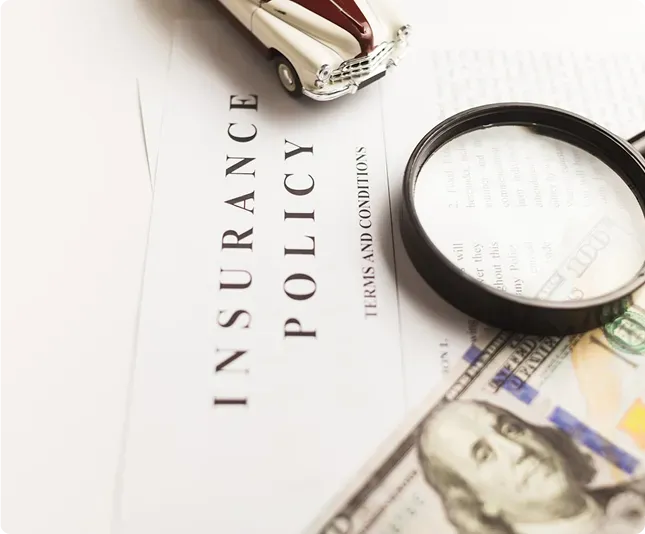Advantages and Benefits of Comprehensive Home Insurance
Home insurance is a valuable investment for protecting your personal property and belongings.
- Financial protection against loss and damage
Home insurance provides financial coverage in case of damage caused by fire, floods, earthquakes, storms, vandalism, or other unforeseen events. - Protection of belongings
It covers not only the structure of your home but also the contents inside, such as furniture, electronics, and personal items. - Liability coverage
It includes civil liability coverage, which covers the costs of damages or injuries caused to other people on the insured property. - Peace of mind
Homeowners can feel safer knowing they are protected from unforeseen events that may have financial consequences.
What can be insured?
Property:
- Residential spaces (house, apartment, villa, holiday home)
- Auxiliary constructions (garage, summer kitchen, household annexes)
- Land attached to the property
Contents:
- Household appliances
- Furniture
- Movable goods
- Photovoltaic panels
Civil liability towards third parties:
Covers damage caused to neighbors or other persons.
Example:
- If a pipe bursts in your apartment and causes flooding in your neighbor’s home, the neighbor can be compensated.
Who can be insured?
Individuals who own, temporarily, possess, or use a residential property.
Object of insurance – "Property": The patrimonial interests of individuals related to the property and its contents.
Object of insurance – "Civil liability": Covers sums the Insured is legally obligated to pay for direct damages caused to others due to ownership or use of the property. Beneficiary: the individual or the bank in whose favor the insurance contract is concluded.
Insured risks
Section "Property + Contents"
- Fire, explosion
- Theft/robbery
- Heavy rainfall
- Smoke, shockwave
- Hail
- Hurricane, lightning
- Avalanches, landslides
- Rock movement
- Vehicle collision
- Falling aircraft
- Water leaks, flooding
- Accumulated snow or ice
- Falling trees or branches
- Overvoltage
- Earthquake
- Vandalism
- Broken windows, mirrors, and showcases
Section "Civil liability towards third parties"
- Bodily injury (including death) of third parties
- Damage or destruction of third-party property
- Compensation amounts for direct losses caused by the property
- Legal expenses incurred by the injured party to claim damages
Actions to take when an insured event occurs:
1. Immediately notify the authorities and take measures to save the property.
2. Notify the insurance company within 48 hours of the event or its discovery.
3. Submit the claim within 10 calendar days from the date the risk was discovered.
4. Provide all necessary documents to assess the damage and proceed with the compensation.
